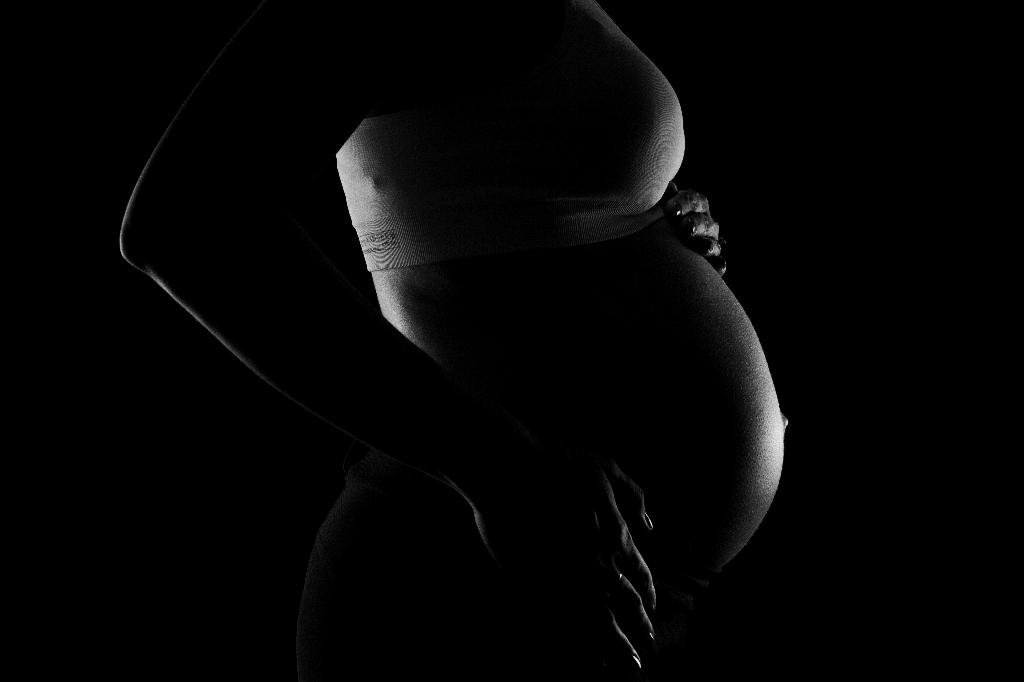Having your abdominal muscles separate during pregnancy, a condition known as diastasis recti, is a common occurrence for many expectant mothers. It can lead to discomfort, pain, and affect your overall posture. Understanding how to manage and potentially improve diastasis recti during pregnancy is essential for your well-being and postpartum recovery.
Seek Advice from a Healthcare Provider
First and foremost, if you suspect that your abs are separating during pregnancy, it is crucial to consult with your healthcare provider. They can assess the severity of the diastasis recti and provide personalized advice based on your individual situation.
Avoid Certain Exercises
During pregnancy, it is important to avoid exercises that may exacerbate diastasis recti. This includes traditional sit-ups, crunches, and intense core workouts. Opt for pregnancy-safe exercises recommended by your healthcare provider or a prenatal fitness specialist.
Focus on Gentle Core Strengthening
While high-impact core exercises should be avoided, gentle core strengthening exercises can help support your abdominal muscles during pregnancy. Pelvic tilts, kegel exercises, and modified planks are examples of safe exercises that can help maintain core stability.
Practice Good Posture
Improving your posture can also help alleviate the discomfort associated with diastasis recti. Focus on aligning your spine, engaging your core muscles gently, and avoiding slouching. Consider using a pregnancy support belt to provide additional support to your abdomen.
Use a Pregnancy Pillow
Investing in a pregnancy pillow can help you maintain a comfortable sleeping position and reduce strain on your abdominal muscles. Sleeping on your side with a pillow between your knees can help alleviate pressure on your midsection.
Practice Mindful Breathing
Engaging in mindful breathing exercises can aid in strengthening your deep core muscles and promoting relaxation. Focus on diaphragmatic breathing, where you inhale deeply through your nose, allowing your belly to expand, and exhale slowly through your mouth.
Wear a Belly Band
Consider wearing a belly band or maternity support garment to provide additional support to your abdominal muscles. These garments can help reduce discomfort and promote proper alignment during daily activities.
Monitor Your Weight Gain
Maintaining a healthy weight during pregnancy can help alleviate strain on your abdominal muscles and reduce the risk of further separation. Consult with your healthcare provider to establish a safe and realistic weight gain target for your pregnancy.
Stay Hydrated
Proper hydration is essential for maintaining healthy connective tissues and supporting muscle function. Aim to drink an adequate amount of water throughout the day to promote tissue repair and overall well-being.
Consider Prenatal Yoga or Pilates
Participating in prenatal yoga or Pilates classes can help improve your flexibility, strengthen your core muscles, and promote relaxation. These low-impact exercises can support your overall physical and mental well-being during pregnancy.
Listen to Your Body
Above all, listen to your body and prioritize your comfort during pregnancy. If you experience pain, discomfort, or worsening symptoms of diastasis recti, consult with your healthcare provider for guidance on the best course of action. Remember that every pregnancy is unique, and it is essential to seek personalized care and support.

